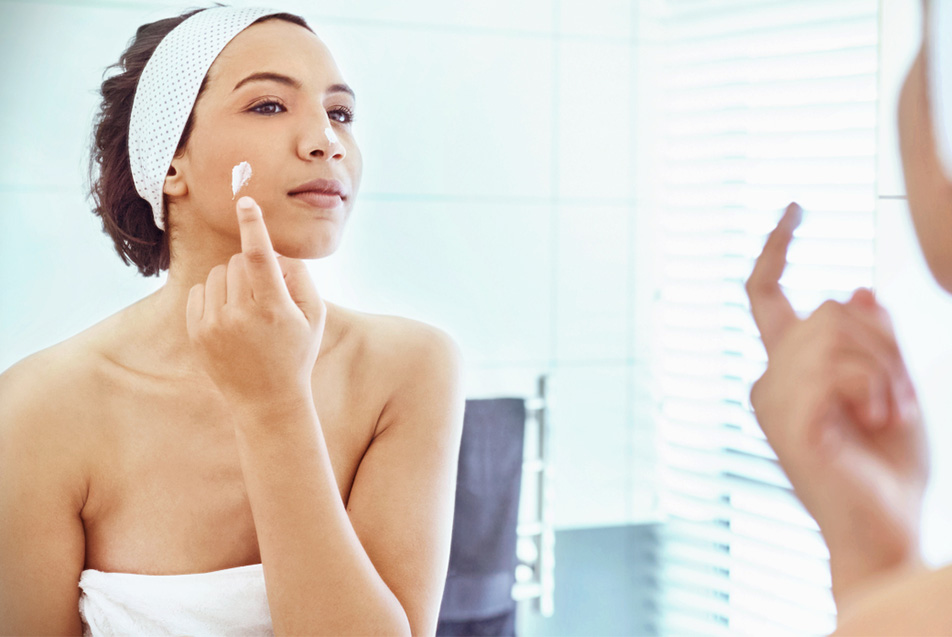Dara Spearman, MD, FAAD, melanoma tumor site chair, Parkview Cancer Institute, explains the causes and treatments for this common skin condition.
What is acne?
Acne is a condition that affects a good number of people. We see several lesions on the back, neck, face and shoulders. These can present as blackheads, pimples, pustules or papules, and sometimes large, deep-seeded lesions that are called nodules or cystic lesions.
Is acne just a problem for teenagers?
We see acne in patients of all ages.
What causes acne?
P. acnes is the bacteria that causes the condition, and inflammation is certainly a contributor to the formation of acne. Teenagers and young adults see skin changes as oil production changes. Many experience a buildup of oil, so dead skin cells are retained instead of sloughing off like they’re supposed to. In middle age, people, women in particular, still get acne because of hormonal changes, especially along the jawline.
Acne can be genetic. We see it passed on from family members. The environment has a part, as well, as does diet. Ultimately, it’s hard to say which dietary components most impact acne because it’s different for different people. While some find that dairy can cause an increase in acne, others notice it with sugar. It’s important to have a balanced diet overall.

How is acne treated?
Acne waxes and wanes, and it can get worse when we first start treatment. For a basic case, we typically treat acne with topical or systemic (oral) medications. Facial peels, red light and facial treatments can help as well. If these don’t work, we pursue more aggressive options.
A lot of people think it’s purely hygienic, but you can over wash and strip your skin of oil, which triggers the body to produce more oil in response. You don’t want to scrub because scrubbing causes inflammation.
Do pimples need to be popped?
When you see a pimple on the skin, there’s much more under the skin. When you pop it, it can cause more inflammation under the skin which can keep the redness even longer.
Should makeup be avoided?
You don’t want to use heavy, cream-based makeup, because that can make it worse. A little cover-up is fine, but not too much.




